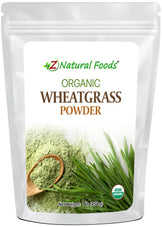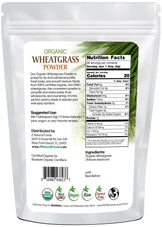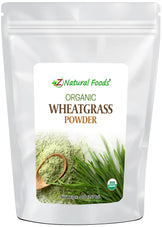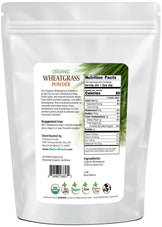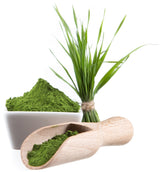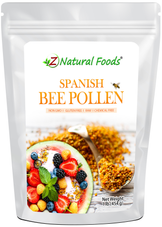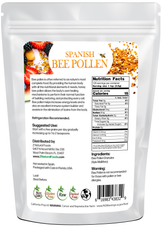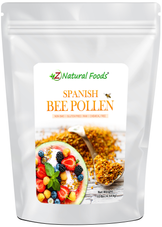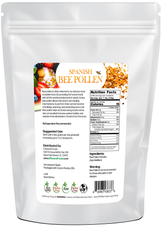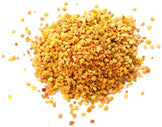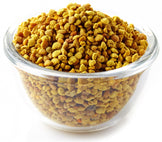Enzymes
In Western medicine, enzymes are complex proteins indispensable for myriad physiological functions, catalyzing specific biochemical reactions throughout the body. Enzymes are central to metabolic pathways, ranging from food digestion to blood coagulation (Kohlmeier, Nutrient Metabolism, 2015). They can be classified into four main plant-based groups: Proteases break down proteins into amino acids; Amylases convert polysaccharides to disaccharides; Lipases catalyze the conversion of triglycerides to fatty acids; and Cellulases hydrolyze specific carbohydrate bonds in fiber. Further, proteolytic enzymes, derived from various biological sources like animals and plants, specialize in protein degradation. Three primary examples are Pepsin, which is involved in food digestion; Trypsin, which cleaves long-chain amino acids; and Chymotrypsin, a component of pancreatic juice that acts on peptide bonds (Berg et al., Biochemistry, 7th edition, 2012). These enzymes are elemental to human physiology and ubiquitous across all living organisms, underlining their fundamental role in biological systems.
back
Result: 2
Categorieswhen you select any items page will be refresh and focus will be move out of the page
Health Concerns
Wheatgrass Powder - Organic
Organic Wheatgrass powder is a powdered form of Wheatgrass, a type of young grass of the wheat plant Triticum aestivum. It has ...
24 reviews
Current price$17.99
Spanish Bee Pollen
Bee pollen granules are a nourishing food containing vitamins, minerals, proteins, and quality fats. Each granule contains amin...
69 reviews
Current price$22.99
Recently Viewed Products
Feel Better. Look Better. Be Better.
Get on the list for actionable Health & Nutrition advice every week.

